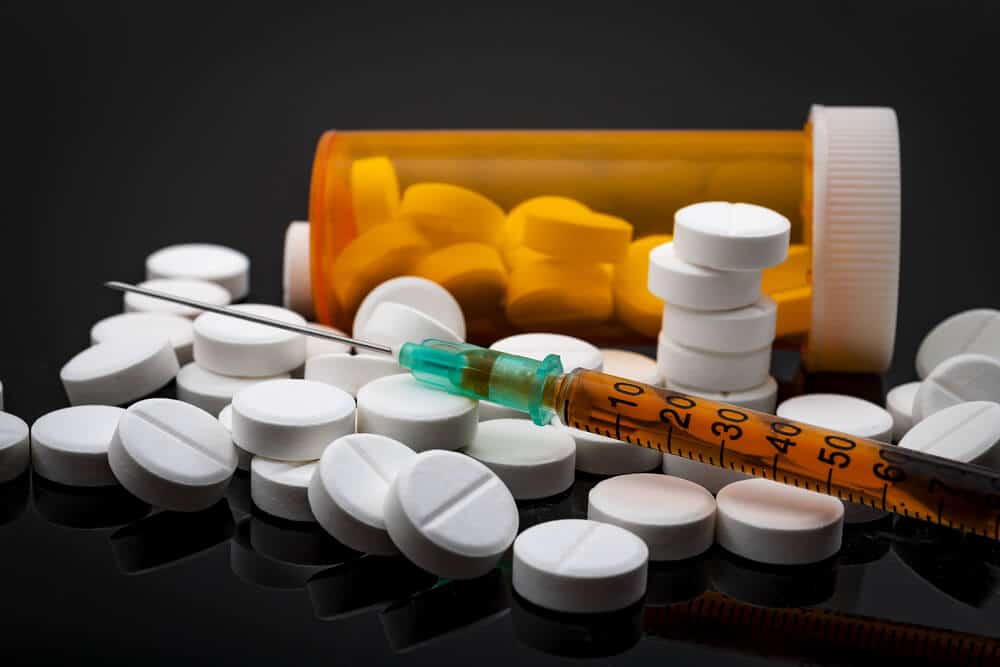
The Most Common Signs of Opioid Use
Legacy Healing Center Blog
Learn the Signs and Risks of Opioid Abuse
Because opioids are highly addictive drugs with potentially life threatening side effects, it is important to know how to recognize the most common signs of opioid abuse as early as possible. Opioids are a class of drug that includes both prescription pain medicines such as Hydrocodone and illegal drugs such as Heroin. Although opioids can be prescribed by a doctor to treat pain, their misuse often leads to dependency and addiction. In medical terms this is known as opioid use disorder. While opioid use disorder is similar to other substance use disorders in many respects, it has several unique features. Opioids can lead to physical dependence within a short time, as little as 4-8 weeks. For chronic users, abruptly stopping use of opioids leads to severe symptoms.
Click here to speak with a treatment specialist today or call us anytime 24/7 at (888) 534-2295
Common Signs of Opioid Addiction
- Inability to control opioid use
- Uncontrollable cravings
- Physical marks from injectable opioid use
- Drowsiness
- Inconsistent sleep habits
- Weight loss
- Achy flu-like symptoms
- Low sex drive
- Poor hygiene
- Changes in exercise habits
- Feeling and acting isolated
- Using illegal means to get more money
- Seeing multiple health care providers to obtain additional opioid prescription
- Financial difficulties
Risks & Side Effects of Opioid Abuse
Opioids produce high levels of positive reinforcement, increasing the odds that people will continue using them despite negative side effects and risks. Opioid use disorder is a chronic lifelong disorder, with serious potential consequences including disability, relapses, and death.
Short Term Risks & Side Effects of Opioids
Short-term effects of opioids include:
- Drowsiness
- Relaxed state of mind and body
- Feelings of calmness and euphoria
- False sense confidence
- Slowed and shallow breathing
- Impaired judgment
- Itchy, flushed skin
- Constipation
- Unconsciousness
- Nausea and vomiting
- Coma
Long Term Risks & Side Effects of Opioids
Continued use or abuse of opioids can cause a physical dependence. Over time, more of the drug is needed for the same effect (drug tolerance). Once there is a physical dependence, stopping or suddenly reducing the intake of an opioid can cause serious and often dangerous withdrawal symptoms, including:
- Restlessness
- Emotional instability and depression
- Severe vein damage (from intravenous use)
- Muscle and bone pain
- Insomnia
- Diarrhea
- Nausea and vomiting,
- Cold flashes
- Severe Liver Damage and disease
- Death
Recognizing Opioid Addiction and Getting Treatment
According to the American Medical Association (AMA), an estimated 3 to 19 percent of people who take prescription pain medications develop an addiction to them. People misusing opioids may try to switch from prescription painkillers to a Class-A narcotic like heroin when it is more easily available. Approximately 45 percent of people who use heroin started with an addiction to prescription opioids, according to the AMA.
When a person is struggling with an opioid addiction, an intervention from friends and family is often required as the addict is most often in denial about their addiction. Interventions are planned conversations between loved ones and the person suffering with the goal of helping the person get treatment.
Effective Treatments are Available
Medication-assisted treatment (MAT) is an effective treatment for individuals with an opioid use disorder. MAT is a comprehensive treatment involving the use of medication along with counseling and behavioral therapies. Treatment typically involves cognitive behavioral approaches, such as encouraging motivation to change and education about treatment and relapse prevention. Medications are used to relieve cravings, reduce withdrawal symptoms and block the euphoric effects of opioids. MAT has been shown to help people stay in treatment, and to reduce opioid use, opioid overdoses and risks associated with opioid use disorder.
Three FDA-approved medications are commonly used to treat opioid addiction:
- Methadone
- Buprenorphine
- Naltrexone
At Legacy Healing Center we offer an intensive highly structured medication-assisted treatment program that utilizes counseling, behavioral therapies, holistic treatments and medications. Our beautiful residential setting allows you to be in a supportive community surrounded by your peers, building positive relationships, celebrating milestones, and supporting each other in a sober lifestyle.
Sources
https://www.hopkinsmedicine.org/opioids/signs-of-opioid-abuse.html
https://www.drugfreeworld.org/drugfacts/prescription/opioids-and-morphine-derivatives-effects.html
https://www.psychiatry.org/patients-families/addiction/opioid-use-disorder/opioid-use-disorder